
Aktuelno
Članak
Should former intelligence officers be active in BH politics?
22 years have passed since the Bosnian war ended and the country has not solved its basic intelligence dilemmas. Ever since the war our military authorities (let’s call them that) continue to exchange
.jpg.webp)
By: Sead OMERAGIC
22 years have passed since the Bosnian war ended and the country has not solved its key intelligence dilemmas. Ever since the war our military authorities (let’s call them that) continue to exchange accusations. Just recently, BH Army general, Mustafa Polutak warned: 'Stay away from Radoncic's politics, he keeps attacking BiH.'
One of the BiH defense war veterans, Zaim Backović Zagi, publicly reacted to Polutak's statement.
He recalled the times when he, as a reserve officer in the Artillery regiment in Kiseljak, tried to get general Polutak on his side and encourage him to redirect part of the weaponry of this unit to the defenders of BiH. Polutak strongly reacted to Backovic's proposals, threatening to arrest him. Backovic remembered Polutak 'walking about the RBiH Army logistics center facilities in Visoko, while he and his family were starving in besieged Sarajevo'. Backovic also stated that the infantry weaponry from the barracks in Kiseljak in the beginning of the war Polutak handed over to HVO, while the artillery he delivered to the Serbs in Lukavica.
There is no doubt that many officers lived in fear, balancing their loyalty to the country. Many of them decided not to live the destiny of their people. There are suspicions about lasting 'double agents' among the former officers.
Polutak gave up his political position which was found in itself problematic. We sought Backovic's opinion, yet he did not answer our calls. We called him because we thought it would be as convincing if he mentioned his political party leader, Sefer Halilovic, and his knowledge about the missing gold from the RBiH Army HQ's safe, which included a pricey golden brooch belonging to Backovic's grandmother, which his family donated to the BiH Army. The issue of stolen gold was treated in Fikret Muslimovic's book 'Liars and murderers'.
Halilovic was an artillery officer as Polutak was, and then, several years before the war, he moved to JNA's Counterintelligence. His best man Petar Simovic, also an intelligence officer of JNA, gave him a code name – 'Boris'.
Regardless of his early departure from JNA, there are many burdensome facts relating to his exit. One of Halilovic's reports to the KOS (JNA's counterintelligence service) is dated 9 September 1991. In one his confessions to the security service of RbiH Army, he stated that he handed in his request for resignation on 13 September. Therefore, 4 days after his detailed report on movement of Croat troops in Djakovo, Halilovic requests to leave JNA.
Only after long and intense time of conflicts with rebel units in Sarajevo, he handed in his former intelligence network in 1993. There are too many officers who never explained their relations in the JNA system to the security institutions of BiH. All members of JNA were supposed to do it, irrespective of military profession, especially those from KOS. That's when the counterintelligence officers may be treated as court witnesses, and as such are forbidden to be in contact with the 'convicted', that is, with the members of their former network.
It is because of that deficit in the system that BiH fears its residents who used to work for the intelligence service. However, that is not the case in Serbia and Croatia who decidedly excluded such persons from the public and political life by sending them to retirement. The manuals of the most powerful European intelligence agencies read that the residents seek public through which they can act - naturally.
The issue of lustration has never been addressed among our intelligence officers, as it was addressed in relation to the members of secret police services of former Yugoslavia. It is only in Bosnia and Herzegovina, of all former republics of Yugoslavia, that former members of secret police and intelligence officers can legally lead political parties.
Situation as such present a serious security deficit of Bosnia and Herzegovina, more precisely, of Bosniaks who are the only people in the Balkans without its own intelligence service. Such service could control the chaotic situation in the public, which has been enforced with same intensity from the first day after the war until present day. Modernization of the security system would chase away many known and unknown protagonists. At least we would not have to listen to political speeches of some generals.
#English
Najnovije
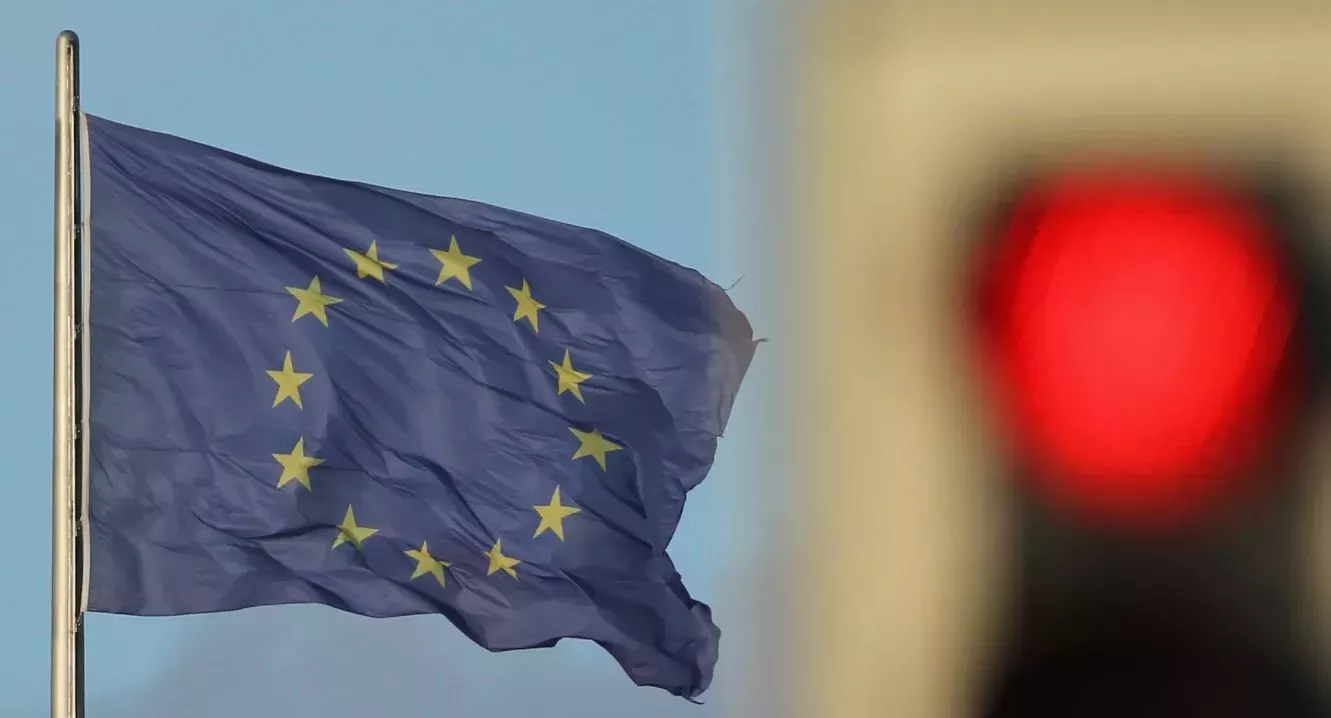
Brisel bez snage: Ako EU ne može obuzdati Mađarsku, kako će zaštititi BiH od Hrvatske?
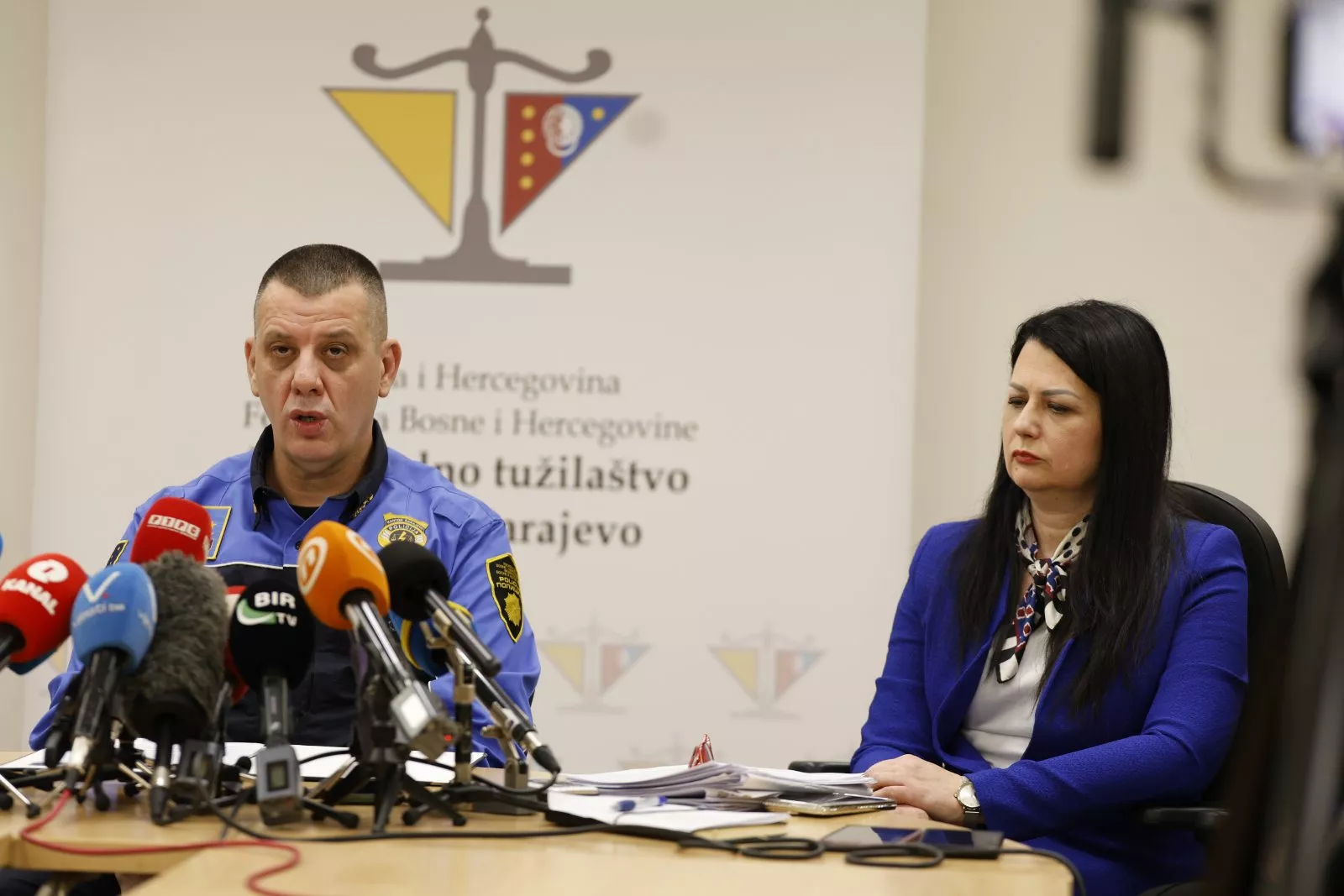
Javnost je očekivala odgovore, a Tužilaštvo i MUP KS su ih izgubili kada je pala podvala ‘vozač je kriv’!
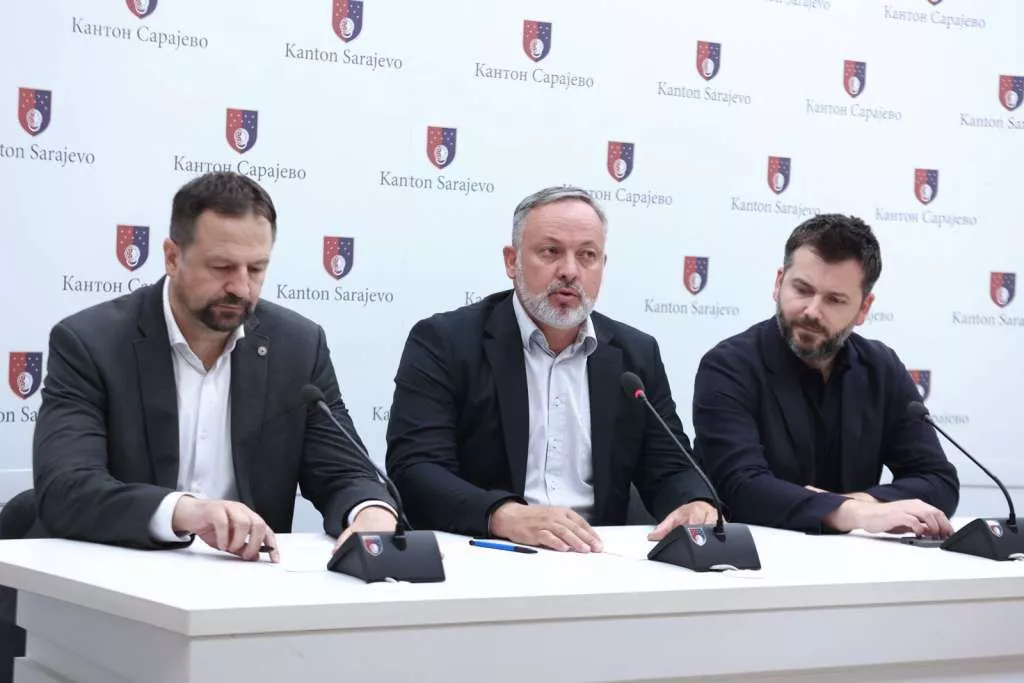
SDA, SBiH i DF: Trojka priprema prevaru građana, namjera joj je da Vlada KS nastavi raditi u tehničkom mandatu
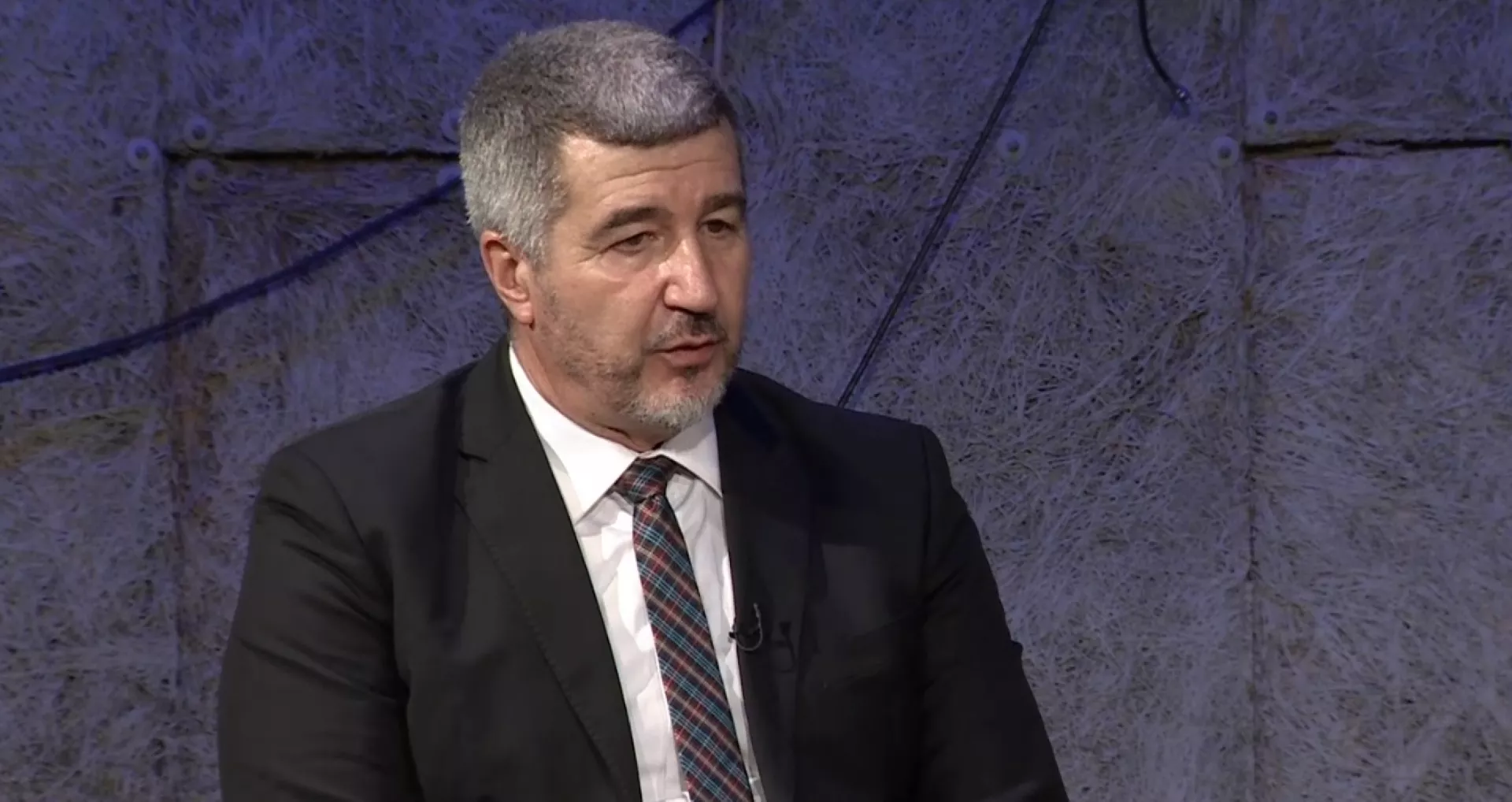
Karamehmedović: Sutra ističe rok koji nam je dala EBU, slijedi blokada računa i mogući kraj BHRT-a
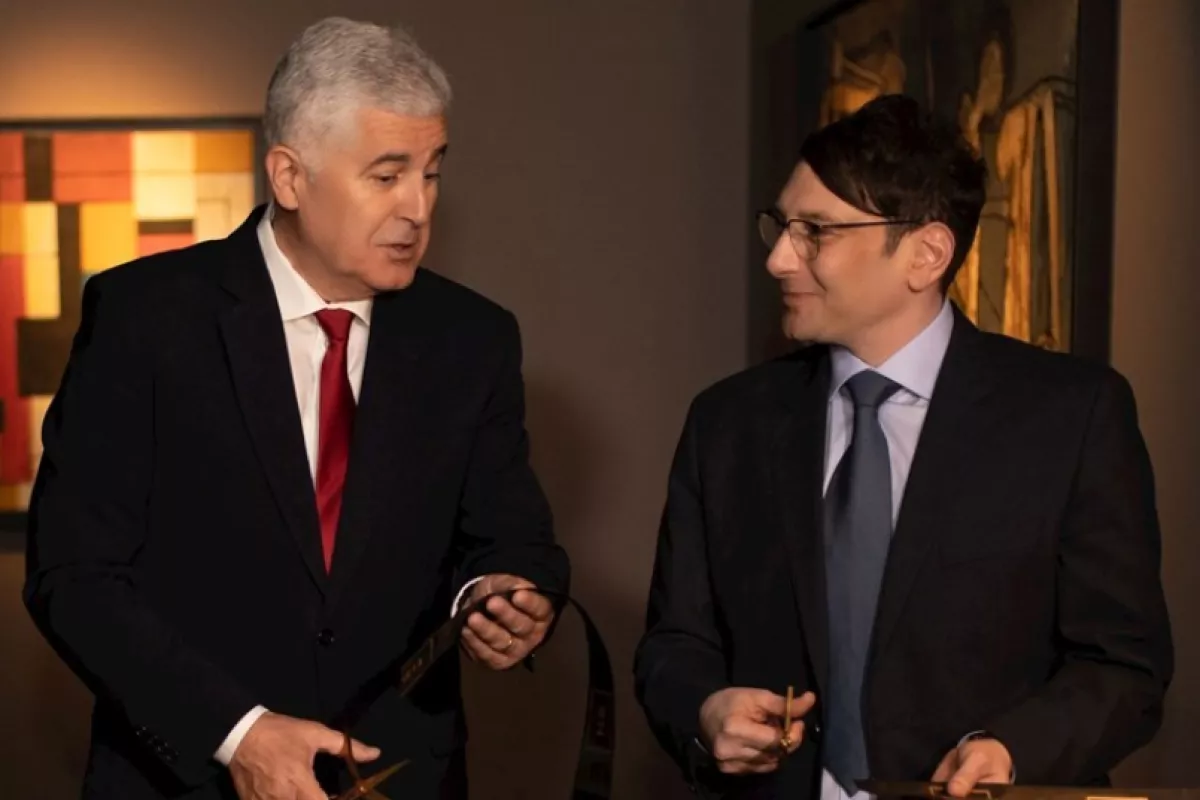
Južna interkonekcija na mrtvoj tački: Dok Kabiri obmanjuje Amerikance, predstavnici HDZ-a koče proces izgradnje
Najčitanije
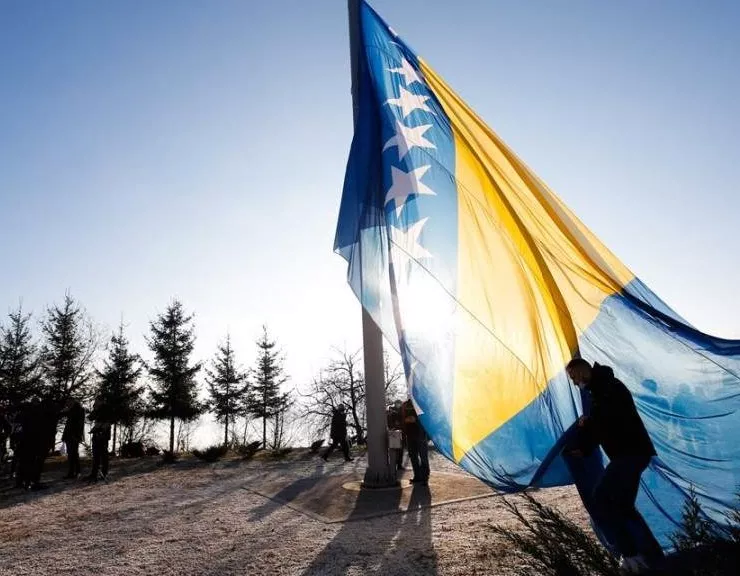
Dan nezavisnosti BiH obilježava se 1. marta i ne prenosi se, Hota-Muminović proglasila i 2. mart neradnim danom?
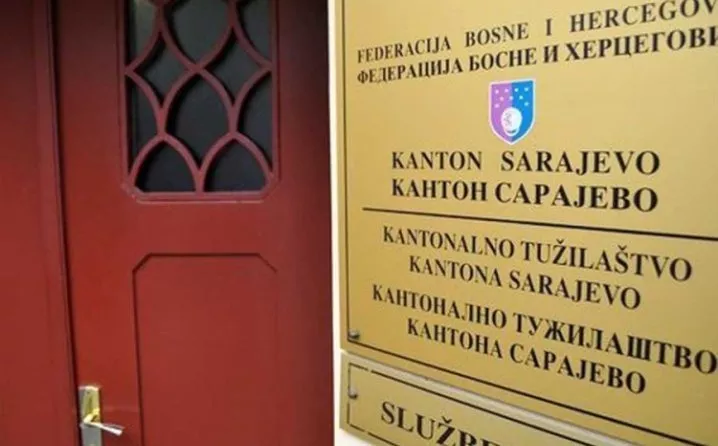
ŠTETA I UK NE ZNAJU Tužilaštvo KS neće provoditi istragu o dugu KJKP Gras zbog neplaćanja poreza i doprinosa

Komisiji za borbu protiv korupcije stigle prijave: Ko unaprijed gradi carinske terminale za UIO i kome se pogoduje
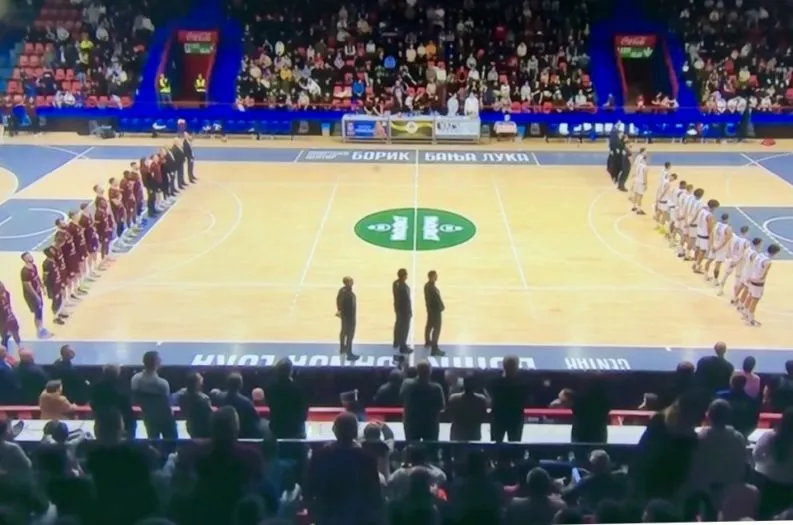
UTAKMICA BORCA I BOSNE U Banja Luci izviždana i prekinuto intoniranje himne BiH

Vlada KS: Rekonstruisana tramvajska pruga ima sve upotrebne dozvole
